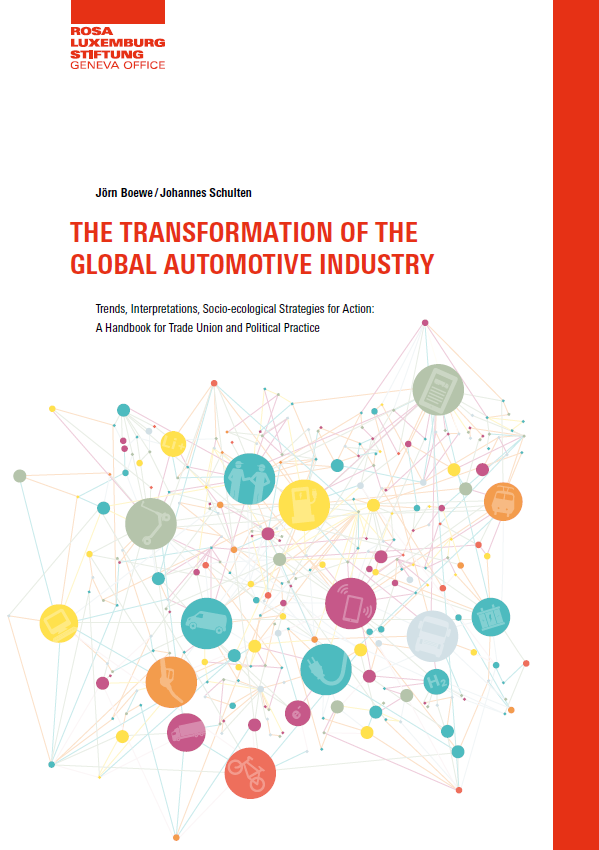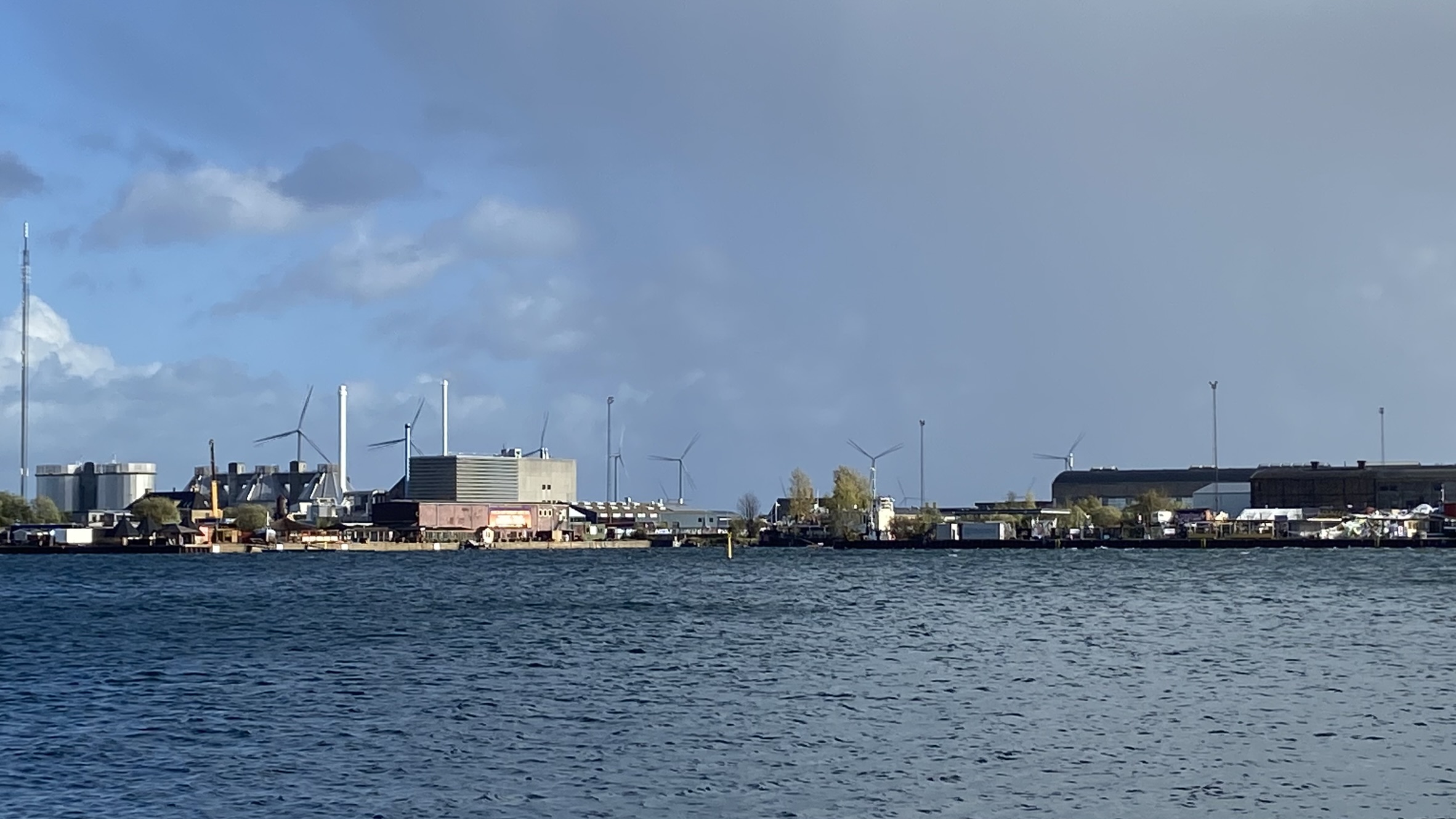Trends, Interpretations, Socio-ecological Strategies for Action: A Handbook for Trade Union and Political Practice
Mobility is a basic human need. Over the last 100 years, the automobile has revolutionised the transport of people and goods. The automotive industry is a core industrial sector employing millions of people in Germany, Europe and the world. The trade unions in the metal sector are strong and powerful organisations without which the enforcement of social rights would have been impossible. But the costs and irreversible damage caused by the fossil fuel era are now undeniable. The technology based on the burning of fossil fuels is reaching its planetary limits; climate change, or rather climate catastrophe, is being clearly felt. Those who thought there was still time were wrong. The window of opportunity for mitigating the effects of global warming is closing. This century will be a century of adaptation to significantly changing climatic conditions. Modern industrial policy will always be climate policy and thus transformation policy.
This means that the pace and direction of this policy is not only a question of social justice, but also of national and international distribution: The term Just Transition, as coined by the international trade union movement, can be heard everywhere. While the idea of a transformation that leaves no one behind is attractive, it is clearly too vague, because the implementation of the goal of decarbonizing the mobility industries will bring about profound changes: Supply chains and corporate structures will change; work will be different and also distributed differently; the demand for new raw materials will create new value chains – all this will produce distributional conflicts along the value chains. Without strong trade unions, a just transformation will not be possible, but without a profound change in industry and resource consumption, the climate catastrophe cannot be averted.
These strategic decisions cannot be taken without contradictions. We are all driving by sight at the moment. There are therefore many questions: Is it really right to only extract lithium in the global South or could battery production be moved there? What does it mean that, in addition to international climate policy, China’s regulatory policy is the central driver of the transformation and that the most important new producers of electricity-powered passenger cars come from China? Is the internal combustion engine truly in the past and what will become of the communities that are already suffering from energy poverty? With this study, the Rosa Luxemburg Foundation would like to summarise the current state of the transformation in such a way that trade unionists and works councils, but also the interested public in the Global South and North, are given the opportunity to understand the connections and the central points of conflict. This publication formulates the initial answers that will be important for organising in the coming years: It is worth discussing new forms of cross-sectoral organising for example between the metal and mining sectors. And it is important to look at the source countries of the raw materials. Because one thing is clear: at the end of the Just Transition, jobs, wages and working conditions must be better at all stages of the production and supply chain.
The Transformation of the Global Automotive Industry, a new study from the Rosa Luxemburg Foundation’s Geneva Office, takes on important questions by laying out the key trends, explaining what they mean, and putting forward concrete strategic proposals for the workers’ movement today.

See our interview with co-author Johannes Schutten in German here or read in English here.



